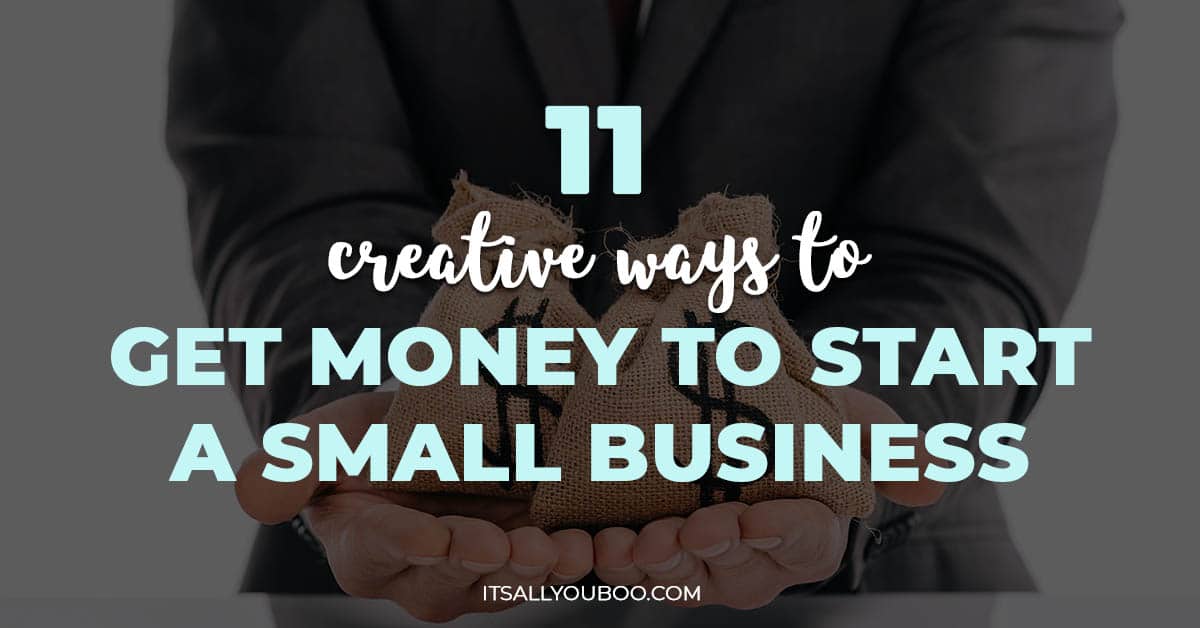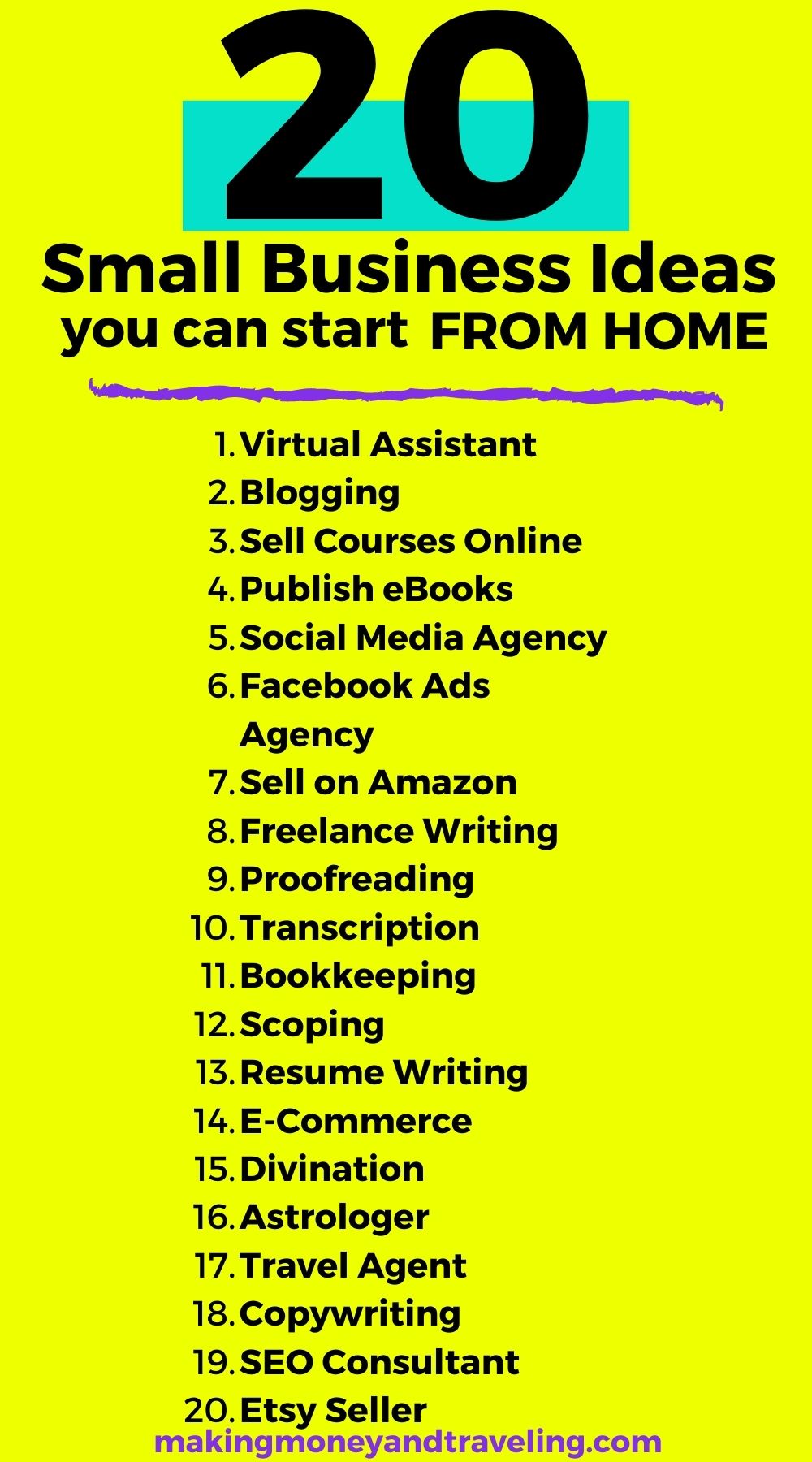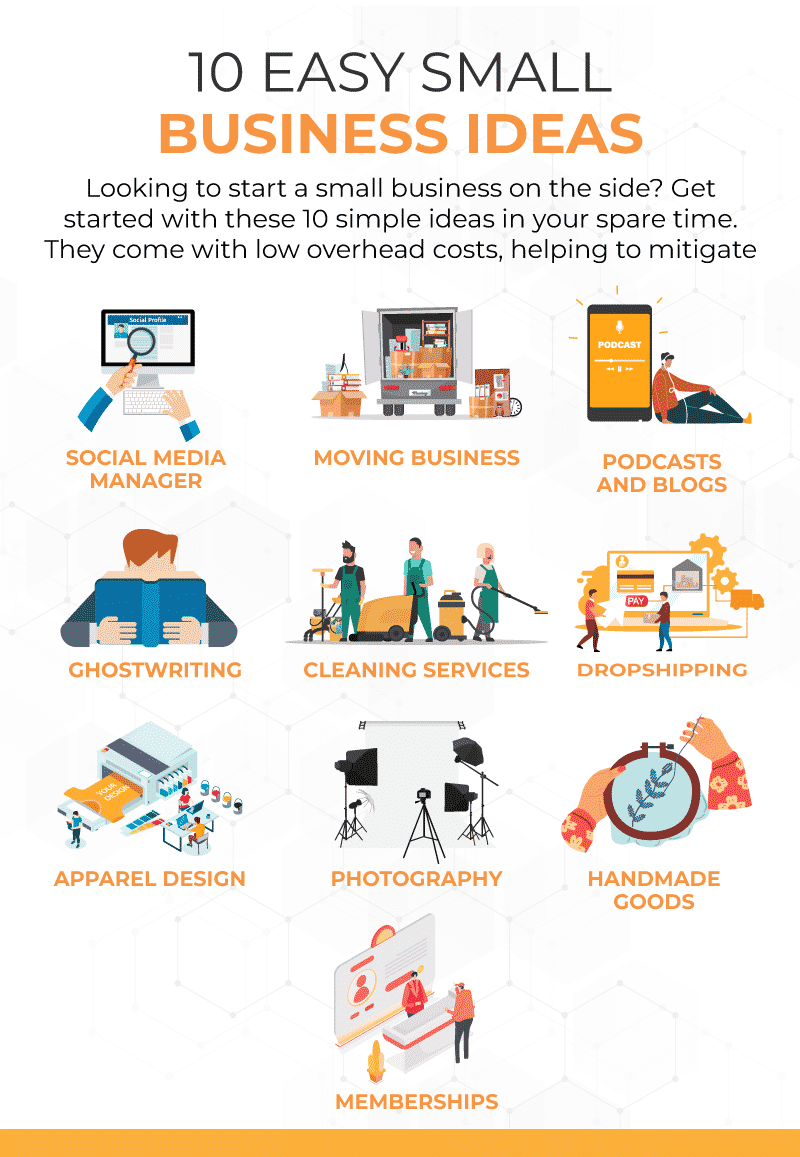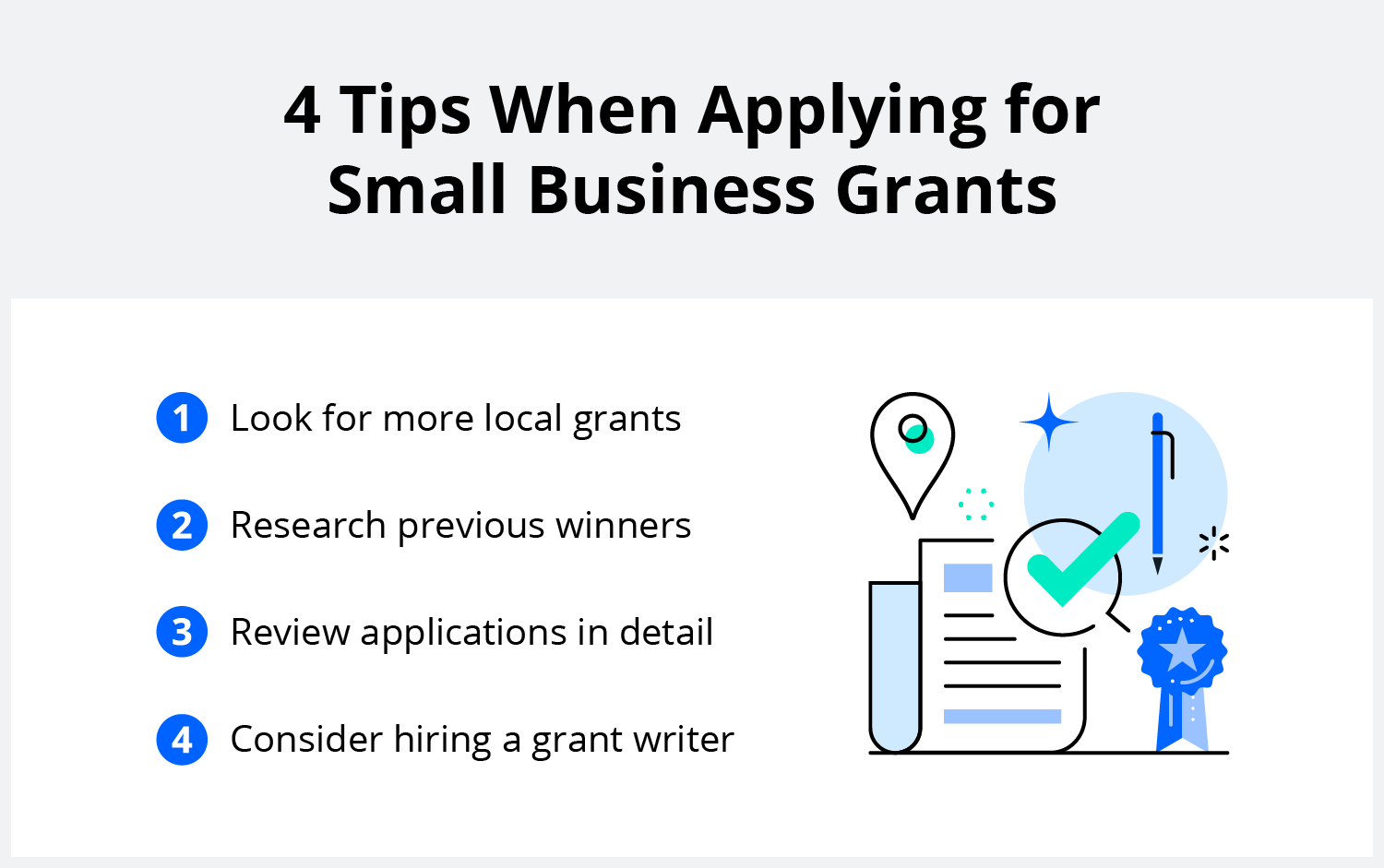How Can I Get Money To Start A Small Business

Facing a capital crunch while launching your dream business? Securing funding doesn't have to be a roadblock; multiple avenues exist to fuel your entrepreneurial journey.
This article cuts through the noise, delivering actionable strategies for accessing the funds you need to kickstart your small business, from grants and loans to crowdfunding and angel investors.
Funding Options: A Quick Overview
Small Business Loans remain a popular choice. Banks, credit unions, and online lenders offer various loan products.
The Small Business Administration (SBA) doesn't directly lend money. The SBA guarantees a portion of the loan, reducing risk for lenders and making it easier for small businesses to qualify.
SBA 7(a) loans are a versatile option. They offer up to $5 million for a wide range of business needs.
Microloans: Small Sums, Big Impact
Microloans, often under $50,000, are designed for startups and small businesses with limited access to traditional financing.
Nonprofit organizations and community development financial institutions (CDFIs) are key providers.
These loans frequently come with mentorship and business training.
Grants: Free Money for Your Venture
Grants are essentially free money. However, they are highly competitive.
The federal government offers grants, often focused on specific industries or demographics. Check out grants.gov.
State and local governments, as well as private foundations, also provide grant opportunities. Research locally to uncover them.
Venture Capital and Angel Investors: Equity for Growth
For high-growth potential businesses, venture capital (VC) and angel investors can be a good match. They provide capital in exchange for equity in your company.
Angel investors are typically wealthy individuals who invest their own money in early-stage companies.
Venture capitalists manage funds pooled from institutional investors, aiming for substantial returns.
Crowdfunding: Tapping into the Power of the Crowd
Crowdfunding platforms like Kickstarter and Indiegogo allow you to raise funds from a large number of people.
You offer rewards or equity in exchange for donations.
A compelling story and effective marketing are essential for crowdfunding success.
Bootstrapping: Self-Funding Your Business
Bootstrapping involves using your own savings, personal loans, and revenue generated by your business to fund its growth.
This option allows you to maintain complete control.
However, it can be challenging and may limit your initial growth rate.
Before You Apply: Key Considerations
Develop a solid business plan. It needs to outline your business model, market analysis, and financial projections.
Build a strong credit history. This demonstrates your ability to manage debt responsibly.
Gather the necessary documentation. Be prepared to provide financial statements, tax returns, and other relevant information.
Next Steps: Taking Action Now
Research your options thoroughly. Compare interest rates, fees, and terms from different lenders.
Network with other entrepreneurs. Learn from their experiences and gain valuable insights.
Contact your local Small Business Development Center (SBDC). They offer free counseling and resources to help you navigate the funding process.


















